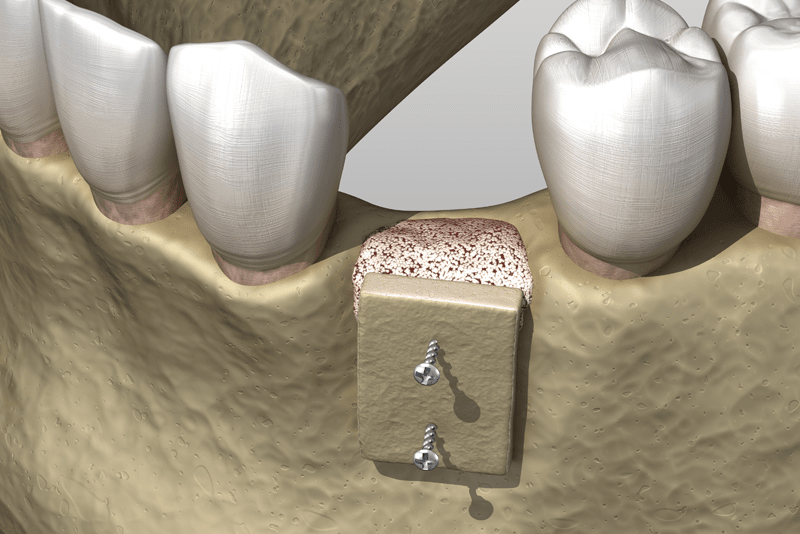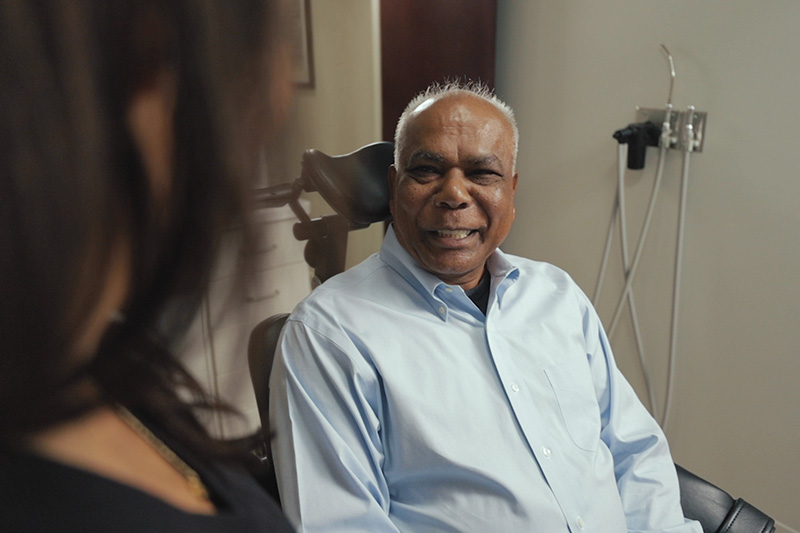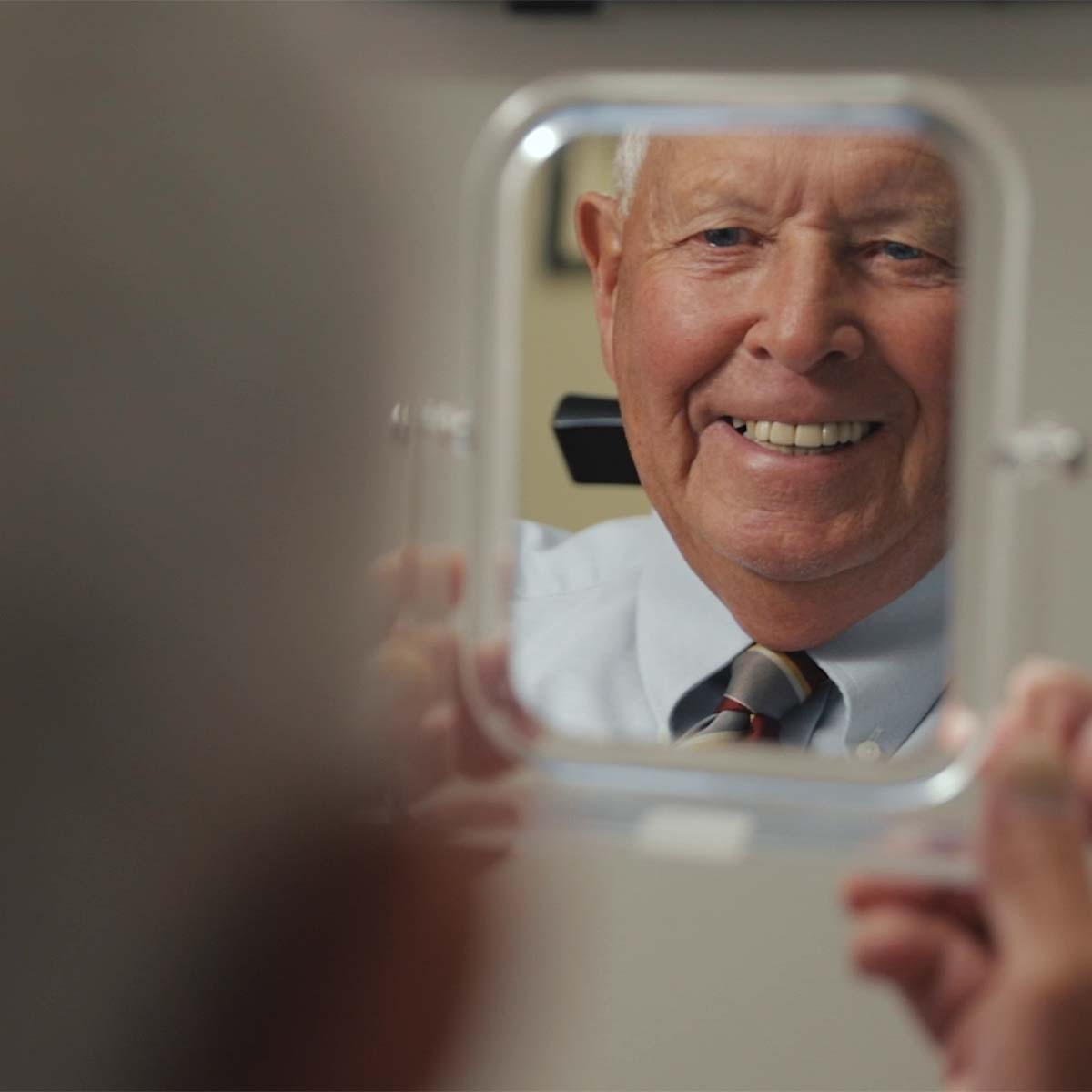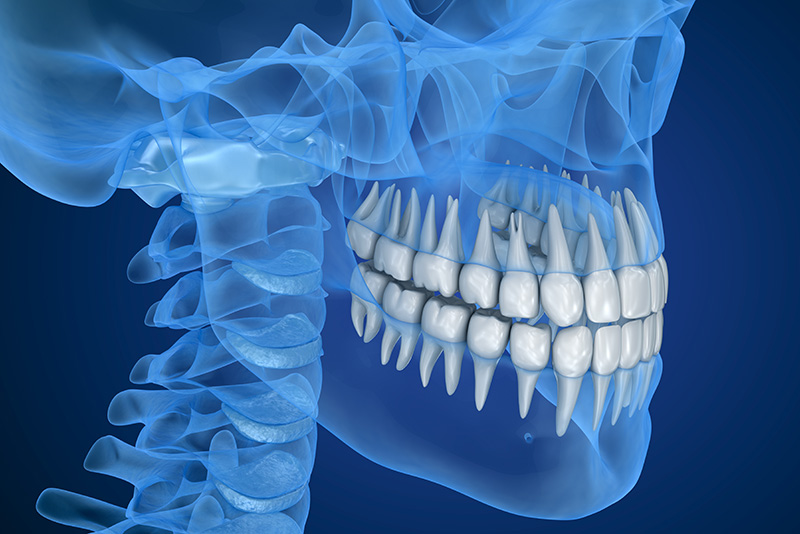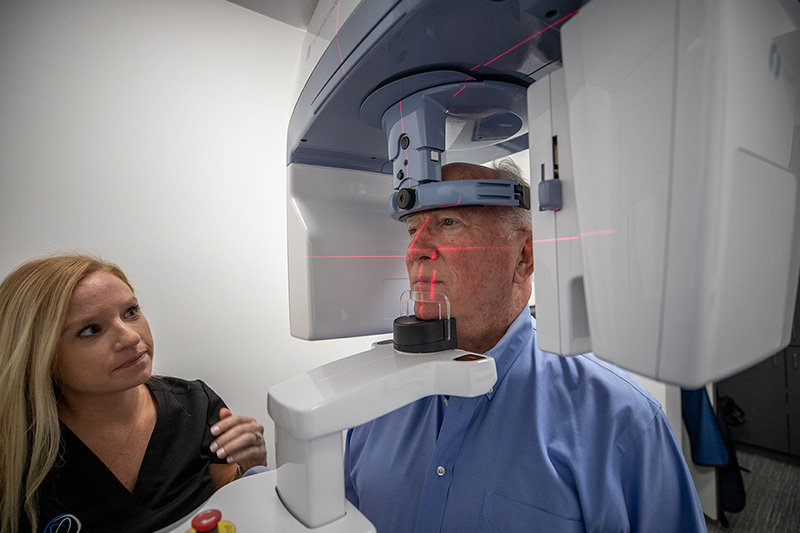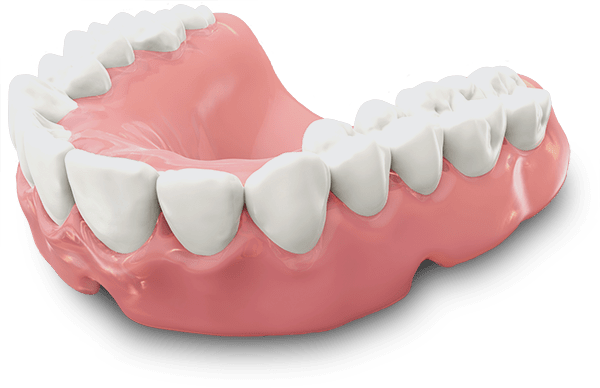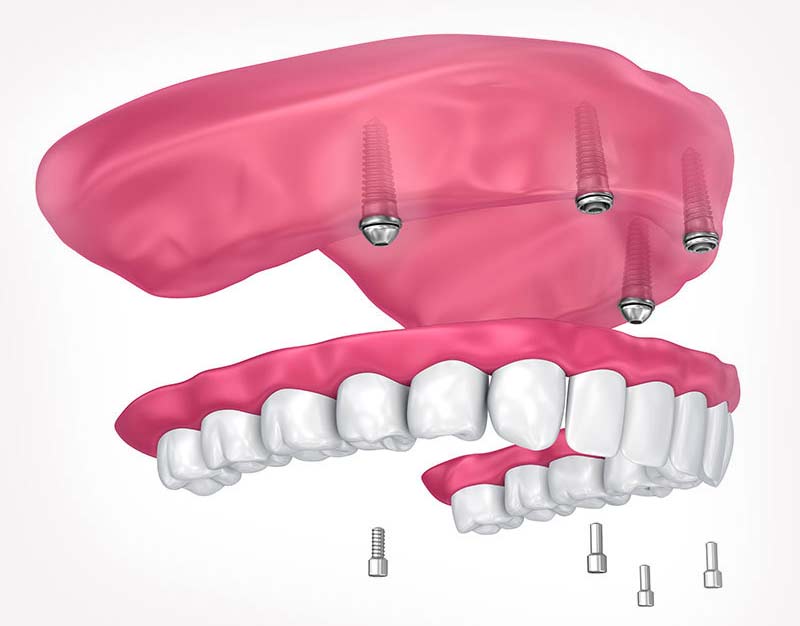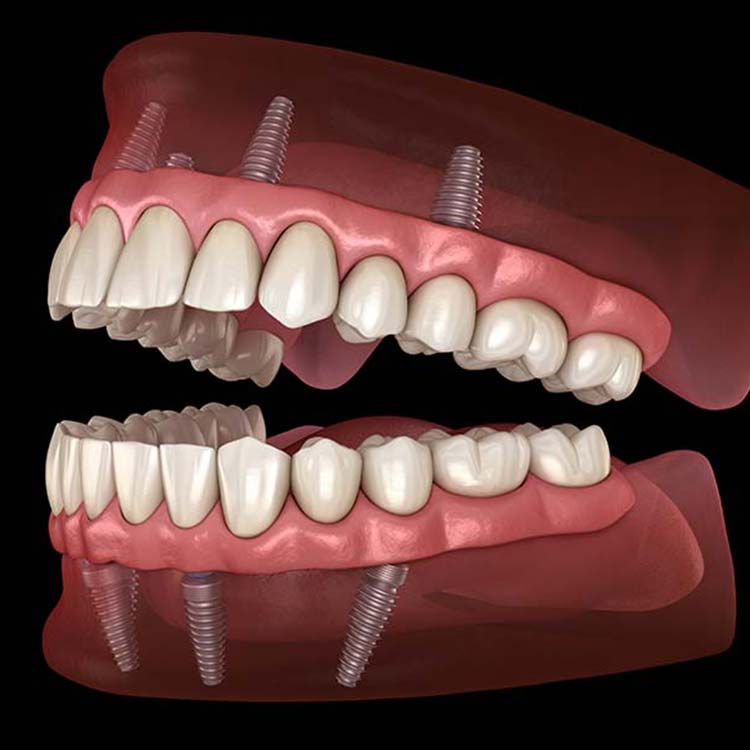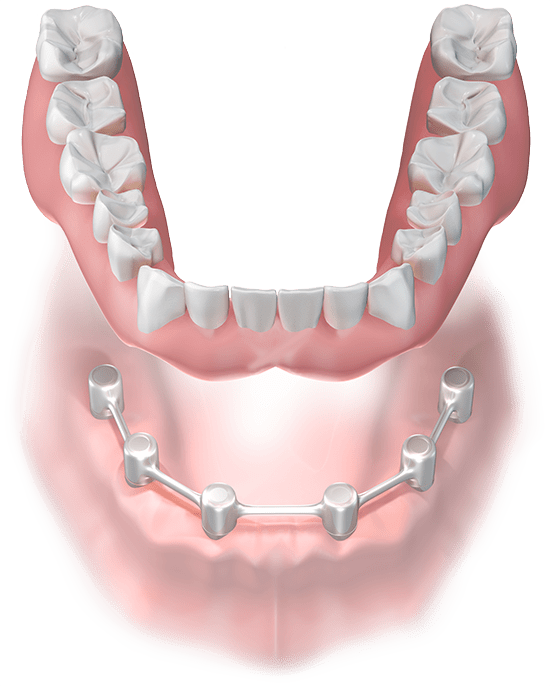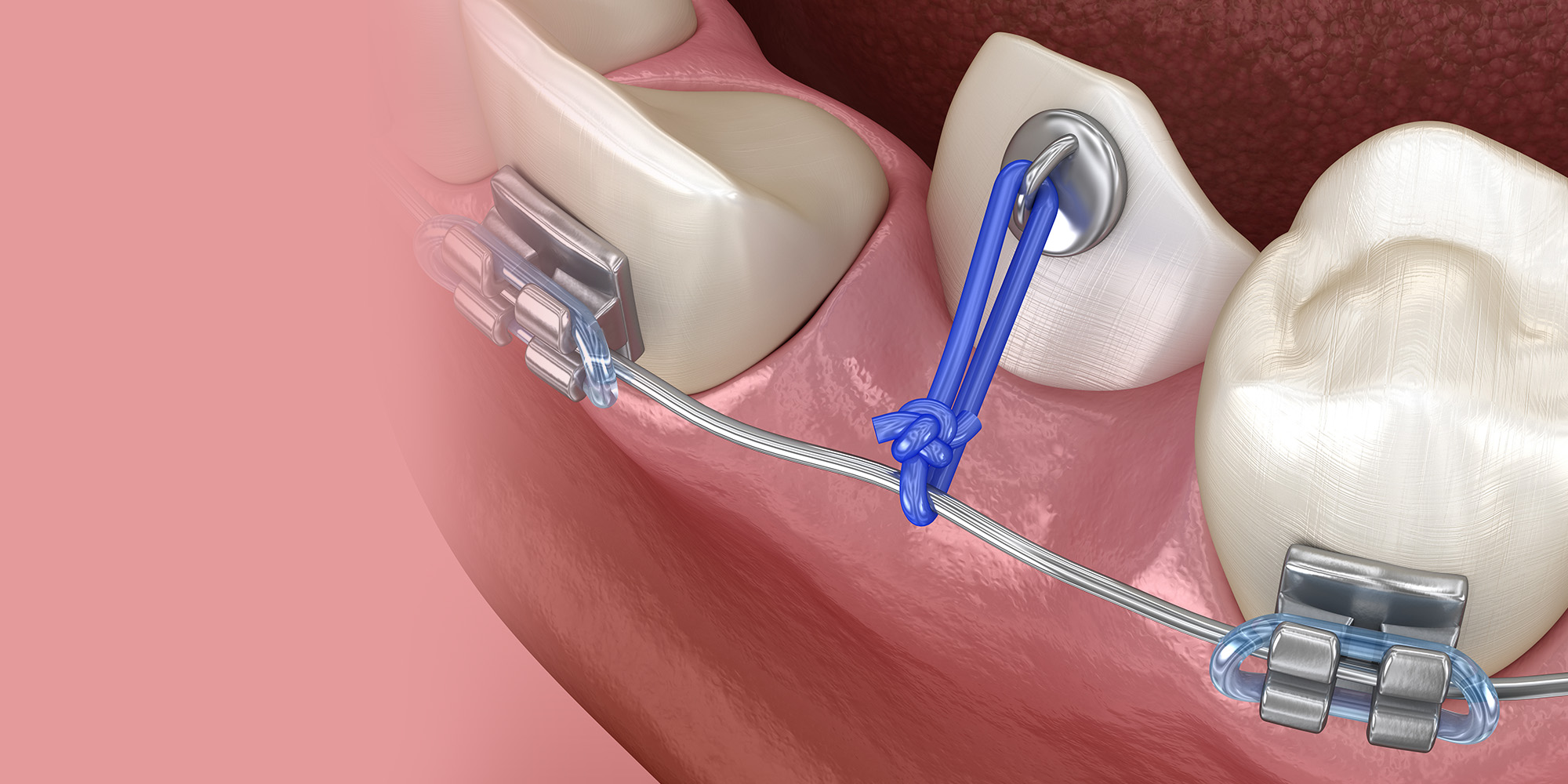Your jawbone is literally the foundation of your smile. Your teeth are anchored in it and your gum tissue wrapped tightly around it as a protective layer. Your smile aesthetics and function depend heavily upon you having a strong, healthy jaw. So, what happens if you lose jawbone mass? You may have problems eating and speaking normally. Your face will take on a sunken, prematurely aged appearance. You may lose teeth. In fact, many patients who come to CT Implant & Oral Surgery with severe bone loss wish to receive dental implants but have been told they no longer qualify due to their bone loss. The good news is that there are multiple solutions for severe bone loss in Norwich & Branford, CT—a condition best treated by a specialist with extensive surgical training. Let’s take a look at why you lose bone and what you can do to regain it.
Severe Bone Loss Causes
Your tooth roots are firmly embedded in your jaws and help keep the bone healthy through the ongoing stimulation of chewing. Without those roots, the jaw loses its function and can begin to deteriorate in areas where teeth are no longer present. Tooth loss due to decay or oral trauma is a common reason for this. If you have dentures, while they give you back most of your dental function (your diet may be somewhat limited), they don’t replace the tooth roots you’ve lost. Dentures don’t provide protection for your jaws. Advanced gum disease, or periodontitis, is another common cause of bone loss, and occurs when the bacteria eat away at the jawbone underneath the gums.
Severe Bone Loss Solutions
Bone grafting treatments make jawbone loss reversible. With bone grafting we take bone material samples from you or from a donor source and place them in areas of recession. These materials eventually bond with the existing bone to reestablish strong, full bone volume. With ridge augmentation and ridge preservation we can use bone graft material to rebuild and reshape your jawbone, returning it to an earlier, healthier state. We can then help you regain your dental function and aesthetics with dental implants in Norwich & Branford, CT.
If your jawbone isn’t wide enough to support dental implants, ridge splitting, or dividing of the jawbone with surgical instruments, can be effective. After separating the jaw’s bony ridge, we can add bone graft material in the middle. Once this material fuses with the existing bone, you end up with a wider, deeper jaw ridge that can hold dental implants securely. Dental implants will not only protect your jawbone from future recession, they’ll vastly improve your confidence and your overall quality of life, enabling you to eat, speak, and smile comfortably again.
